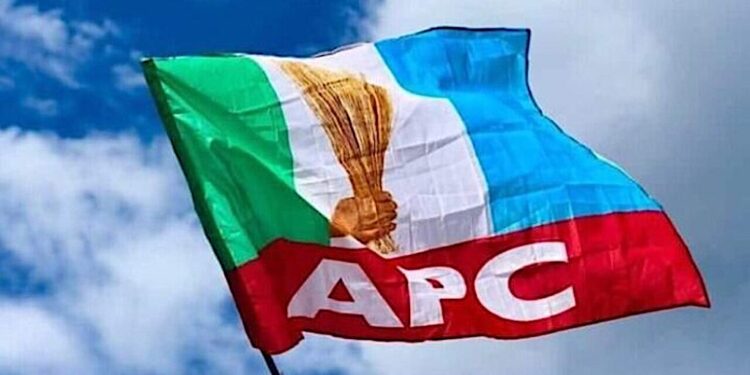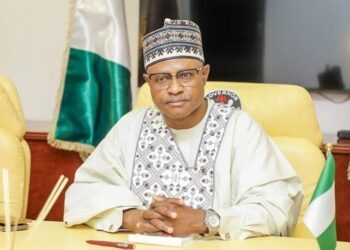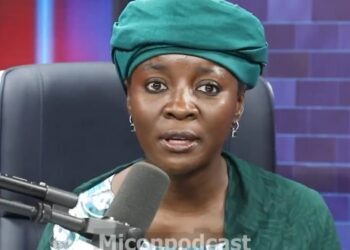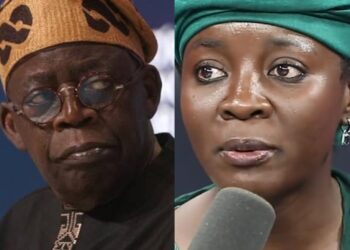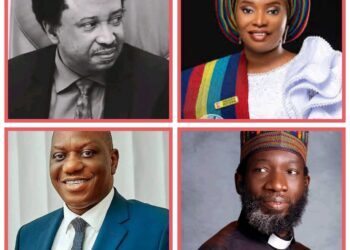The Zamfara State chapter of the All Progressives Congress (APC) Youth Alliance vehemently refuted Senator Kabiru Marafa’s recent assertion of leading a faction within the party in the state.
In a statement issued by the group’s chairman, Tijjani Kaula Shinkafi, Marafa was vehemently discredited as a politically insignificant figure with no relevance in Zamfara politics. Shinkafi emphasized Marafa’s lack of credibility, labeling him as a non-entity without any substantial political influence.
The statement further dismissed Marafa’s delusional claims of coexisting with prominent political figures such as Yari and Matawalle, portraying such assertions as symptoms of political delirium.
The chairman urged Marafa to acknowledge his futile political endeavors and accept his waning significance in the political landscape of Zamfara State.
Additionally, the statement clarified that Marafa’s alleged leadership of a faction within the APC lacked substance, asserting that he stood isolated and bereft of any considerable support within the party.
The APC Youth Alliance’s resolute repudiation underscores a stark rejection of Marafa’s purported involvement in Zamfara politics, portraying him as a lone figure detached from the party’s core leadership and membership.
“For a featherweight like Marafa who has since stripped himself of every credibility and been swimming in the see of irrelevance and inconsequence to claim to rub shoulders with eminent heavyweights like Yari and Matawalle is the peak of political insanity.
“The earlier Marafa comes out of his dimentia and accepts the stark reality that he is a dead beat politician who fate had been parmarnently sealed, the better for him,” Shinkafi said.
The statement went on to assert that Marafa’s claim of leading a faction of the APC in Zamfara State was baseless and unfounded, as he had no support or following within the party.
“Marafa is a lone ranger who has been abandoned by his own people and has no political relevance or influence in Zamfara State. His delusions of grandeur are laughable and pathetic,” Shinkafi added.


